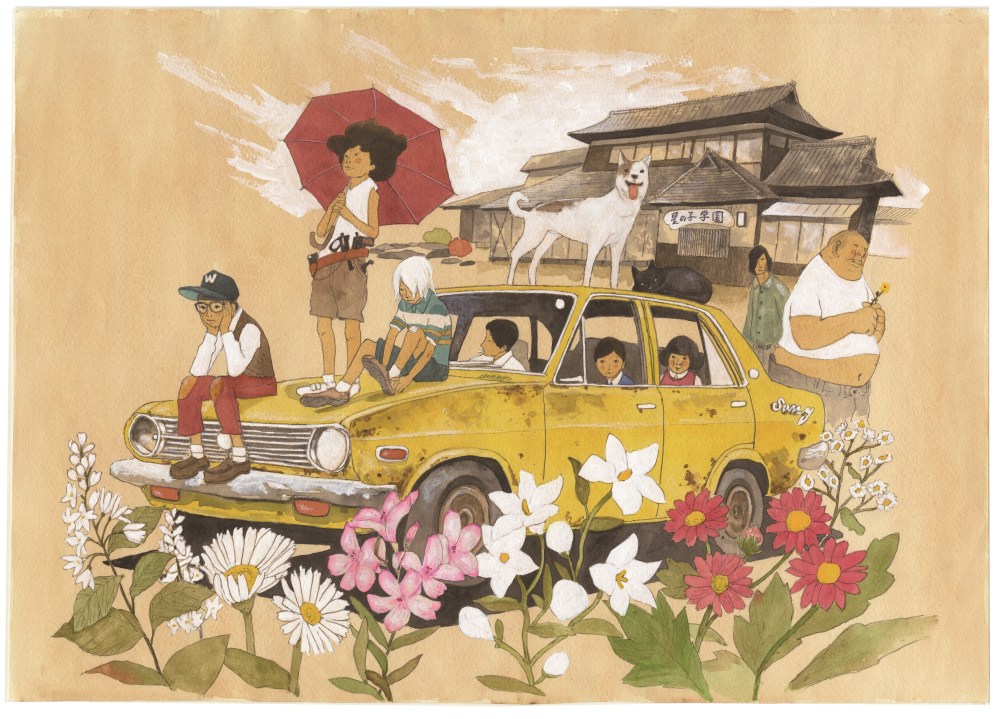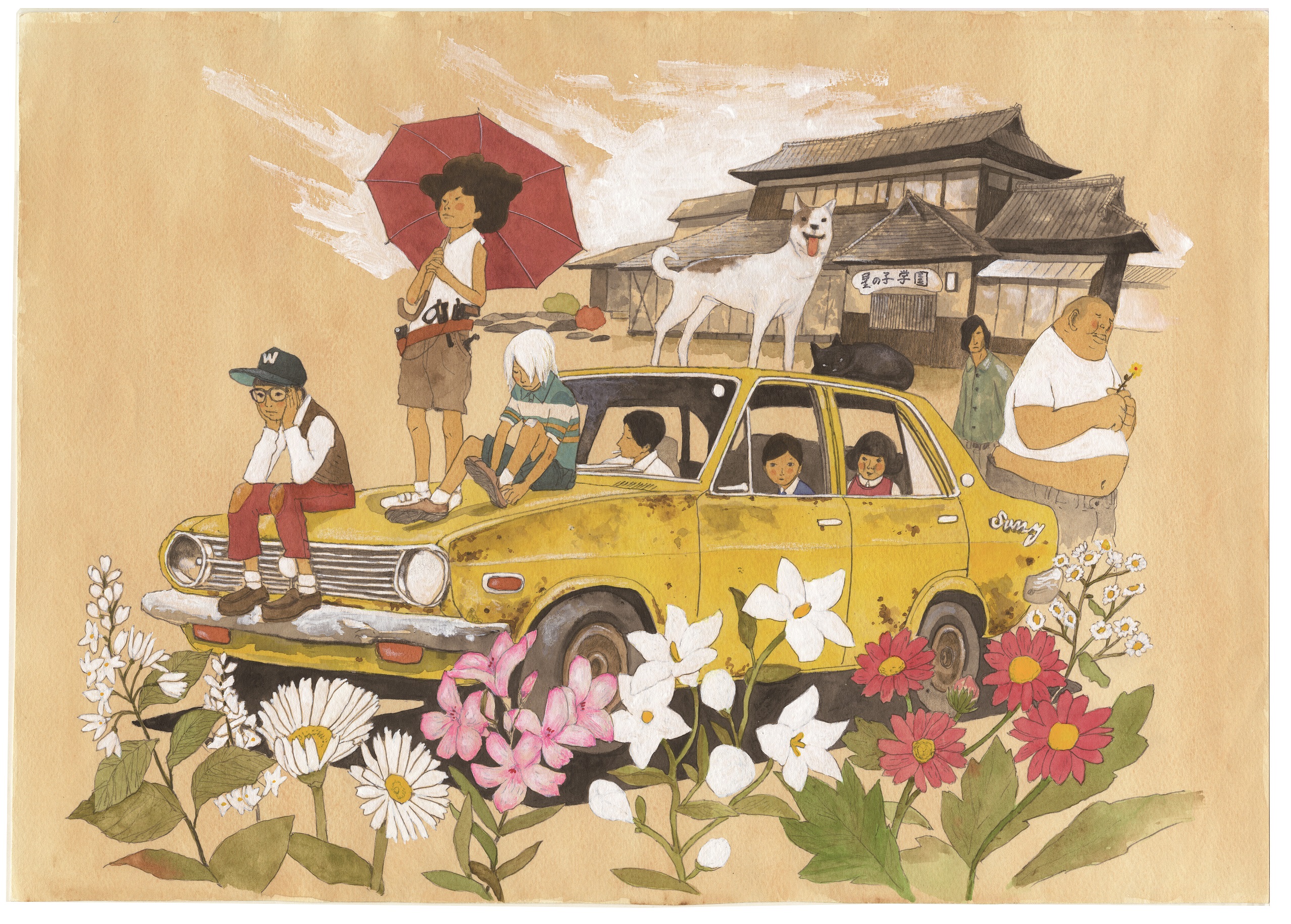Instead of wasting money, like other museums, on extravagant architectural statements, the Foundling Museum in Brunswick Square has sensibly chosen to welcome visitors with a written statement. In 2014 it commissioned the poet Lemn Sissay, who spent his teenage years in a children’s home, to create a memorial in its entrance hall to the many parentless heroes and heroines in fiction. ‘Heathcliff was a foundling… Harry Potter was fostered… Dorothy Gale was adopted… James Bond was fostered…’ The list goes on, running to more than 100 names. Sissay’s mural will trigger a lightbulb moment for any dimwit like me who has failed to notice this narrative trope – and there are further revelations in the show downstairs.
Superheroes, Orphans & Origins is a fascinating flick through 125 years of comic strips whose heroes and heroines – role models to generations of children – are all orphaned, abandoned, adopted or fostered. There’s a reason for this, points out graphic novelist Woodrow Phoenix: ‘If there are parents, then there is someone to say no.’ Step one in developing a superhero plot? Kill the parents.
Step one in developing a superhero plot? Kill the parents
The show traces the lineage of the parentless cartoon hero back to 1895, when the Yellow Kid – a toddler of no fixed abode in a yellow nightshirt – made his debut in New York World in Richard Felton Outcault’s comic strip Hogan’s Alley, set among the slum tenements of a rotting Big Apple (see p31). He was followed in 1921 by the infant Skeezix – cowboy slang for an orphaned calf – in Frank O. King’s comic series Gasoline Alley, after the Chicago Tribune’s editor asked the artist to throw in a baby to make his story more appealing to women readers. As the strip’s car-mechanic hero Walt Wallet was a confirmed bachelor, the only way to smuggle the baby into the storyline was in the proverbial basket on the doorstep.








Comments
Join the debate for just £1 a month
Be part of the conversation with other Spectator readers by getting your first three months for £3.
UNLOCK ACCESS Just £1 a monthAlready a subscriber? Log in